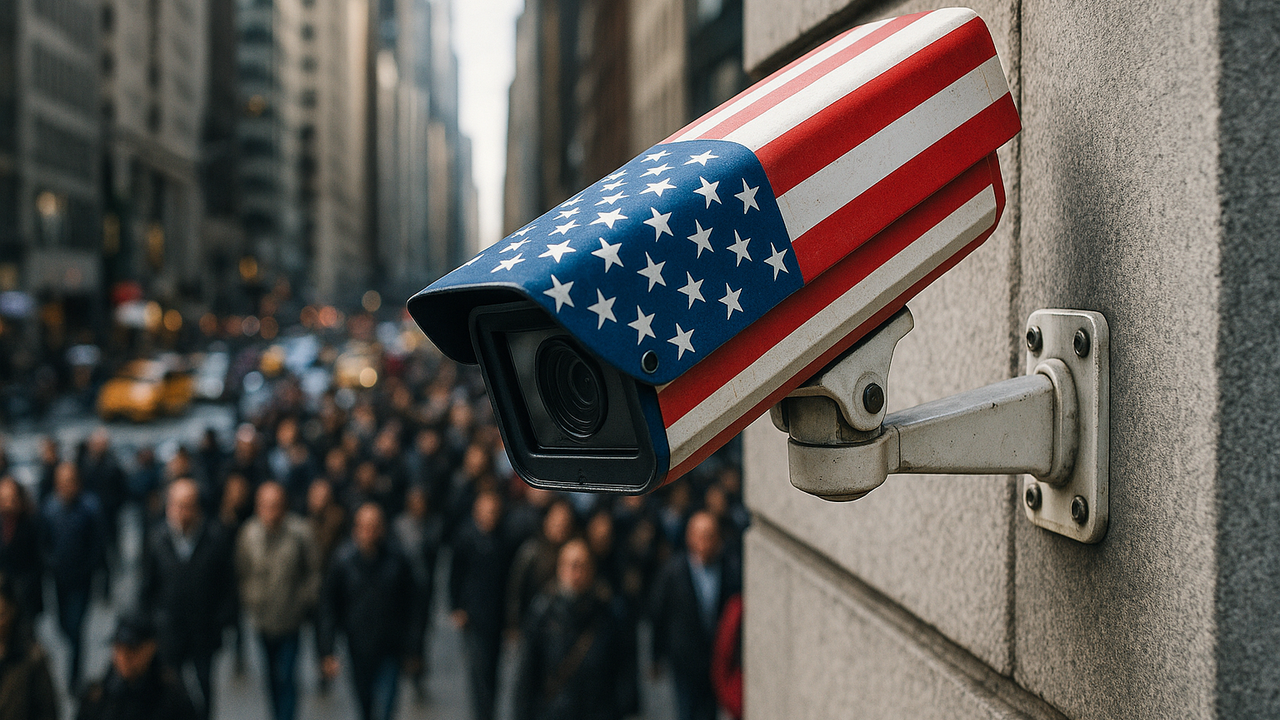After record growth in the post-pandemic of 2021, the global venture capital market slowed down last year. According to the WSJ, in the first 9 months of 2022, it fell 27% to $329 billion and fundraising by global venture funds in the fourth quarter of last year was down 65% compared to the third. quarter. thus falling back to the level of 2013.
The Russian venture capital market showed an even more dramatic drop. Deals fell 70% in 2022 and funding for the fund stood at just $418 million, the lowest level in six years, according to Dsight.
Oversaturated financial technology, lack of significant investments from corporations and forecasts of market recovery after a special operation – experts from the Russian Venture Forum discussed what to expect from the industry and how soon it will recover. RB.RU picked up the main thing.
Medical technology and biotechnology
Last year, biotech projects attracted $119 million, this area was the most popular among investors. According to Kirill Kaem, Skolkovo Foundation’s Senior Vice President of Innovation, despite the sanctions, investors remain interested in these startups. He points out that these projects tend to be globally oriented and require long development times. And investors are prepared for such a scenario.
financial technology
Today, financial technologies attract not only private players, but also state-owned banks. The latter buy individual solutions or start-ups as a whole, says Anatoly Valetov, a board member of the Moscow Innovation Cluster fund, co-founder of the Syndicate venture club.
But not everyone considers that it is worth investing in such products. Anton Ustimenko, partner of the B1 Group of Companies, head of the directorate for the provision of services to companies in the technology, media and telecommunications sector, notes the oversaturation of the sphere. Russia is one of the leading countries in the development of fintech and its implementation in everyday life. Therefore, if a startup offers a certain payment system, then it is better not to give it money, Ustimenko concluded.
In 2022, a new trend has emerged in the niche of fintech startups, Kirill Kaem drew attention. If previous large companies invested in projects to integrate their products into their ecosystems, last year the authors of start-ups faced fundamentally new challenges. Vendors that supplied engines for financial institutions left the country. Thus, the most powerful startups have allied with integrators and are rewriting engines.
corporate company
Startups should not expect large investments from corporations in the near future. By the end of 2022, only about 10 of all corporate investment funds remained, notes the investor, tech entrepreneur Evgeny Dzhamalov. In the context of the crisis, corporations had to redistribute their budgets, which affected the areas of innovation and research. In the foreseeable future, there are no prerequisites for changing the situation.
The State as co-investor
When evaluating the role of the state, the opinions of the experts were divided. The founder of the analytical platform Dsight, Arseniy Dabbah, argues that the model in which the state acts as co-investor has not taken root in Russia. Venture capital requires quick decisions, while public funds, due to high bureaucracy, have long discussions about possible investments. This nuance does not allow them to compete with private funds.
Arseniy Dabbah was challenged by BSF’s managing partner Alexei Basov. He recalled that it was the State that became a co-investor in hundreds of companies and projects. At the same time, the expert admitted that not all investments were successful and some projects were closed early.
market recovery
According to Kirill Kaem, 2023 is the best time to invest in Russian startups. It takes 3-5 years for an early-stage startup to recover. This is exactly the period, Kaem believes, during which the geopolitical situation in the world will change and Russian companies can develop new markets. These will probably be the Eastern markets, not the Western ones. However, national projects will be able to market their products not only within the Russian Federation, says Kaem.
Arseny Dabbah, in turn, notes that after hitting the bottom, the market needs a year and a half to break out of this bottom. If the current state is the nadir, a recovery can be expected early next year. In addition, Dabbah stressed that the pace of the return of the VC market in Russia to its previous indicators directly depends on how quickly the special military operation ends. If it ends this year, in 2024 we will definitely see a lot of transactions, including with foreign investors, the expert concluded.
Author:
Natalia Gormaleva
Source: RB
I am a professional journalist and content creator with extensive experience writing for news websites. I currently work as an author at Gadget Onus, where I specialize in covering hot news topics. My written pieces have been published on some of the biggest media outlets around the world, including The Guardian and BBC News.










